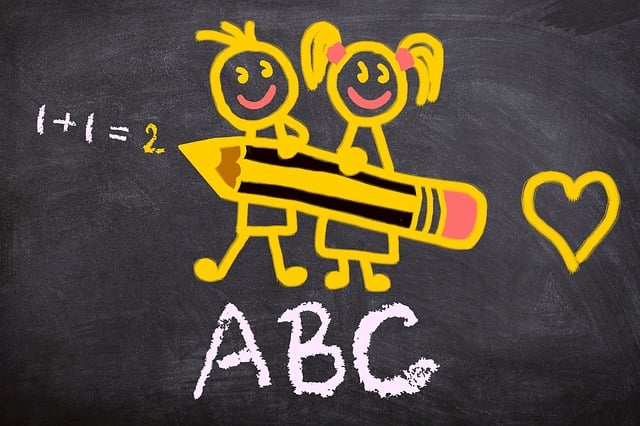The dark history of Agape Boarding School abuse was recently unveiled, highlighting decades of physical, emotional, and sexual trauma endured by former students. Despite survivors facing challenges like time constraints and retraumatization, their collective efforts ensured the truth could no longer be hidden. This has sparked calls for accountability and healing through official investigations and legal proceedings. Many survivors face hurdles but can seek justice with help from specialized attorneys, documented evidence, civil litigation, or support from organizations dedicated to institutional abuse. Healing from trauma is complex but crucial, involving therapy, support groups, and community initiatives to process experiences and move towards reconciliation. Community networks provide safe spaces for sharing, validating experiences, encouraging healing, and fostering collective advocacy for justice in historical institutional abuses like Agape Boarding School Abuse.
“Unveiling the shadows of historical abuse at Agape Boarding School is a crucial step towards justice for survivors. This article delves into the dark past of this institution, exploring the road to healing and accountability. We examine legal actions taken by survivors and the support networks that have emerged, emphasizing the importance of their voices being heard. Furthermore, we discuss the long-term impact on communities affected and the potential for reconciliation through understanding and support.”
- Uncovering the Historical Abuse at Agape Boarding School
- The Road to Justice for Survivors: Legal and Support Measures
- Healing and Reconciliation: Long-Term Impact and Community Support
Uncovering the Historical Abuse at Agape Boarding School

The dark history of Agape Boarding School abuse came to light in recent years, shedding a grim spotlight on past atrocities. Survivor stories and documentation revealed a culture of physical, emotional, and sexual abuse that plagued the institution for decades. The scale of the trauma became evident as former students bravely shared their experiences, painting a disturbing picture of life within its walls.
Uncovering these historical abuses required perseverance and courage from those who endured them. Many survivors faced challenges in seeking justice due to the passage of time and the fear of retraumatization. However, their collective efforts ensured that the truth could not be buried any longer. This revelation has sparked a call for accountability and healing, pushing for official investigations and legal proceedings to address the Agape Boarding School abuse once and for all.
The Road to Justice for Survivors: Legal and Support Measures

Many survivors of Agape Boarding School abuse face a long and challenging road to justice, often hindered by statutes of limitations and the emotional toll of reliving traumatic experiences. However, legal options remain available for those who seek accountability.
Survivors can take steps towards healing and justice by consulting with experienced attorneys specializing in educational abuse cases, gathering and documenting evidence, and exploring civil litigation or other legal avenues. Supportive organizations dedicated to helping survivors of institutional abuse can also provide crucial guidance, resources, and a safe space for sharing experiences.
Healing and Reconciliation: Long-Term Impact and Community Support

Healing from trauma is a complex process, especially for survivors of institutional abuse like those who experienced Agape Boarding School Abuse. The long-term impact can be profound, affecting not only mental health but also overall well-being and community relationships. Many survivors struggle with trust issues, anxiety, depression, and post-traumatic stress disorder (PTSD), which can make daily life challenging. However, through therapy, support groups, and community initiatives focused on trauma healing, survivors can begin to process their experiences and move towards reconciliation.
Community support plays a pivotal role in this journey. It provides a safe space for sharing stories, fostering understanding, and breaking the silence that often surrounds institutional abuse. Support networks, whether online or in-person, offer validation and encourage survivors to take control of their healing. By connecting with peers who have gone through similar experiences, they can find strength, build resilience, and collectively advocate for justice and accountability. This collective healing process is essential for not only individual recovery but also for the community as a whole to recognize and address historical injustices.
The journey towards justice for survivors of Agape Boarding School abuse is a crucial step in healing historical wounds. Uncovering the past, implementing legal reforms, and providing support networks are essential components of this process. Through these efforts, survivors can find closure, receive accountability, and begin their path to reconciliation. It is imperative that we recognize and address such traumatic events, ensuring no further harm and fostering a culture of care and respect for all victims.
